Finance Minister and RBI Governor bat for Aadhaar
Sat 07 Nov 2015, 19:17:18
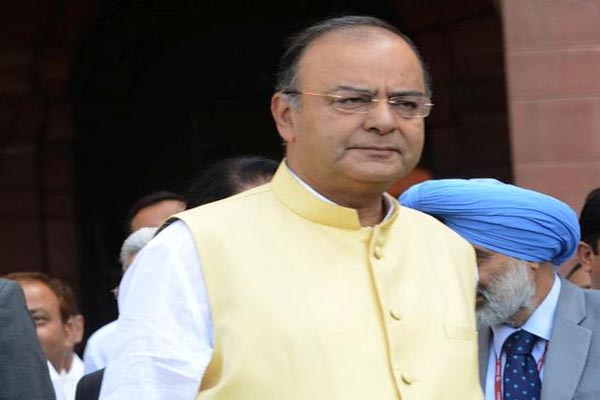
Union Finance Minister Arun Jaitley spoke out against the fact that the Supreme Court is deliberating on the issue of Aadhaar being universally implemented saying that it is up to the government to decide the methodology of governance, not the courts.“The need for this (Aadhaar) and the utility for this has been universally recognised across States. We are at a situation where there is a challenge pending in court and normally courts entertain a challenge which are judicially determinable. As to what should be the methodology adopted in governance is not a judicially determinable matter. It is a matter for the executive government to decide,” Mr. Jaitley said while summing up the day’s proceedings at the Delhi Economic Conclave on Friday.The Finance Minister clarified that courts can be concerned when fundamental rights are in question, but they have to be consistent.“We can’t have a situation where Aadhaar is acceptable for certain kinds of measures adopted by the government but not acceptable with regard to certain other kinds of measures. There will have to be a universal standard to be laid down,” Mr Jaitley said.On the way ahead, he said that the government has two options in front of it—of arguing its case in court or placing it before the legislature—adding that the draft legislation on Aadhar is ready.Speaking earlier in the day at the Conclave, Reserve Bank of India Governor
Raghuram Rajan said that Aadhaar is an important tool in banking.“Aadhaar is extremely useful for a variety of aspects. One of the most important is the ability to build credit histories. Once you have an Aadhaar number, banks feel safer lending to you. They know you would be reluctant to default,” Mr Rajan said.The Governor also said that India is currently going through a paradigm shift in how it is achieving financial inclusion. Where the earlier model saw access to credit as the big deficiency, the new paradigm is looking at a whole portfolio of instruments that can be used to help the individual.The methods of delivery of services have become much more varied thanks to electronic banking, and no longer rely on the bank branch-led model, he added.The Governor did have a word of caution for the government, however. “On DBT (Direct Benefit Transfer), I will mention that it is important, once the banks have put that in place, pay them the commissions that were promised. This has to be a commercial activity. Please do pay the banks the commissions they need to make it profitable,” the Governor said, adding that India is on the verge of a “paper-less, cash-less, presence-less economy”.Mr Rajan also said that the Financial Stability and Development Council was close to completing a proposal that would significantly simplify banks’ KYC procedures, thus further bolstering financial inclusion.
Raghuram Rajan said that Aadhaar is an important tool in banking.“Aadhaar is extremely useful for a variety of aspects. One of the most important is the ability to build credit histories. Once you have an Aadhaar number, banks feel safer lending to you. They know you would be reluctant to default,” Mr Rajan said.The Governor also said that India is currently going through a paradigm shift in how it is achieving financial inclusion. Where the earlier model saw access to credit as the big deficiency, the new paradigm is looking at a whole portfolio of instruments that can be used to help the individual.The methods of delivery of services have become much more varied thanks to electronic banking, and no longer rely on the bank branch-led model, he added.The Governor did have a word of caution for the government, however. “On DBT (Direct Benefit Transfer), I will mention that it is important, once the banks have put that in place, pay them the commissions that were promised. This has to be a commercial activity. Please do pay the banks the commissions they need to make it profitable,” the Governor said, adding that India is on the verge of a “paper-less, cash-less, presence-less economy”.Mr Rajan also said that the Financial Stability and Development Council was close to completing a proposal that would significantly simplify banks’ KYC procedures, thus further bolstering financial inclusion.
No Comments For This Post, Be first to write a Comment.
Most viewed from Specials
Most viewed from World
AIMIM News
Latest Urdu News
Most Viewed
May 26, 2020
Is it right to exclude Bangladesh from the T20 World Cup?
Latest Videos View All
Like Us
Home
About Us
Advertise With Us
All Polls
Epaper Archives
Privacy Policy
Contact Us
Download Etemaad App
© 2026 Etemaad Daily News, All Rights Reserved.


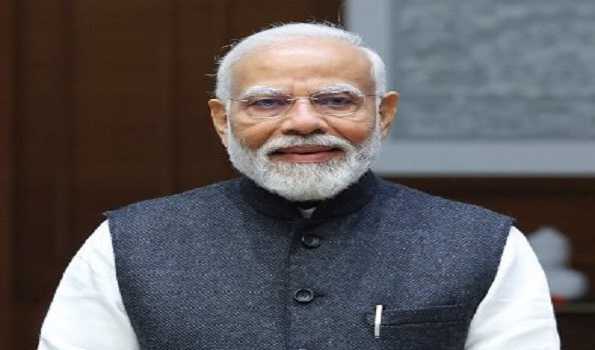
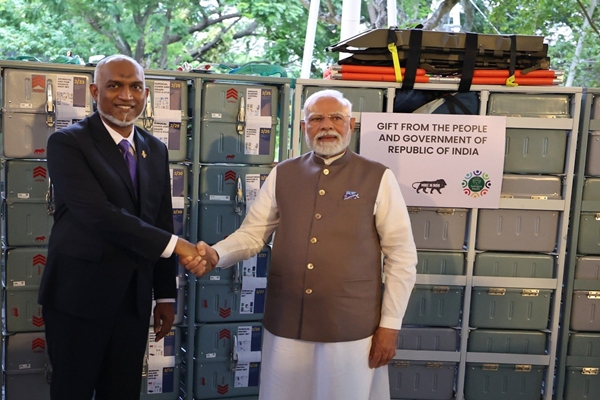
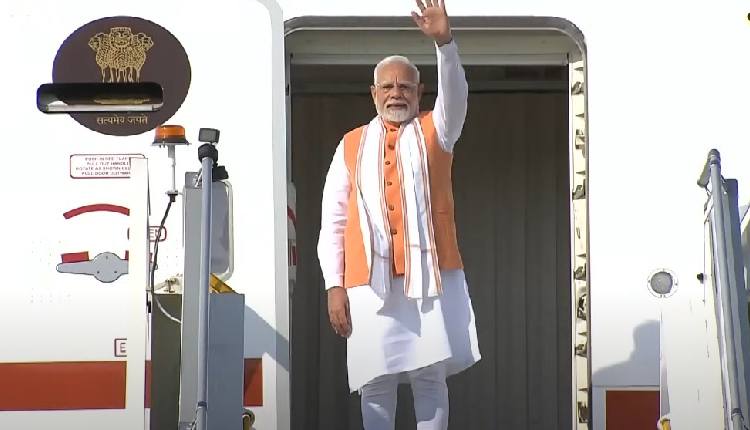

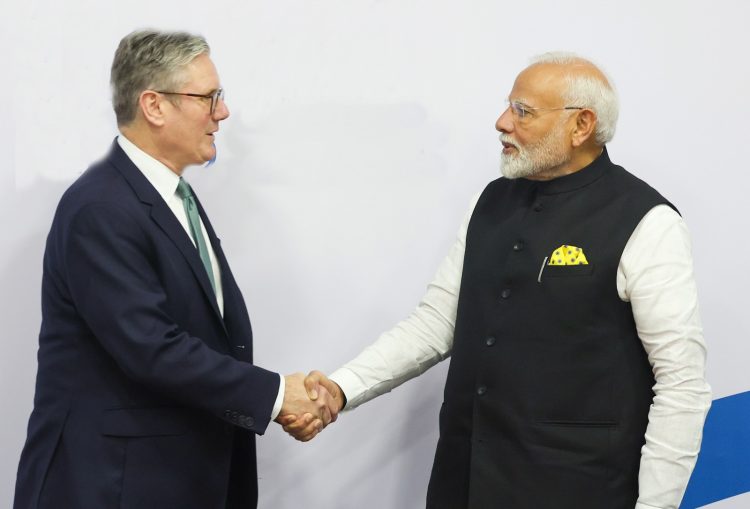

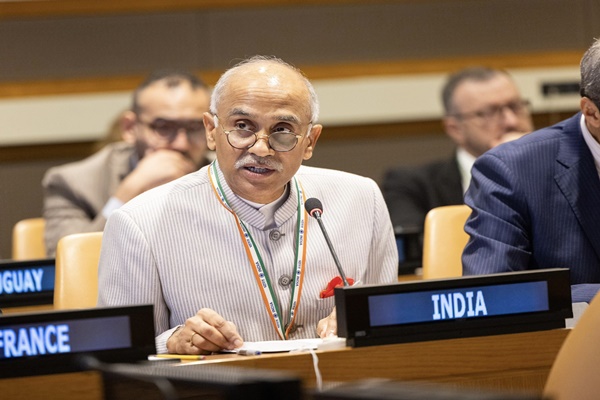
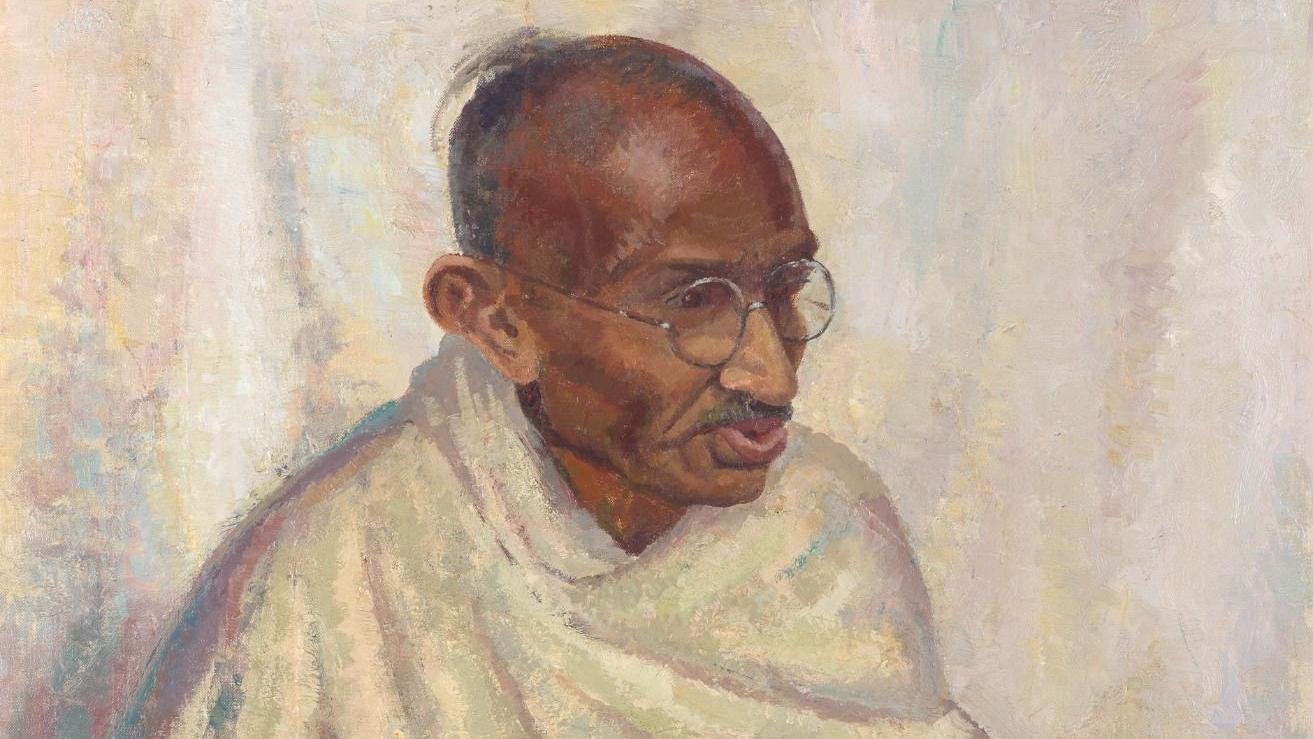




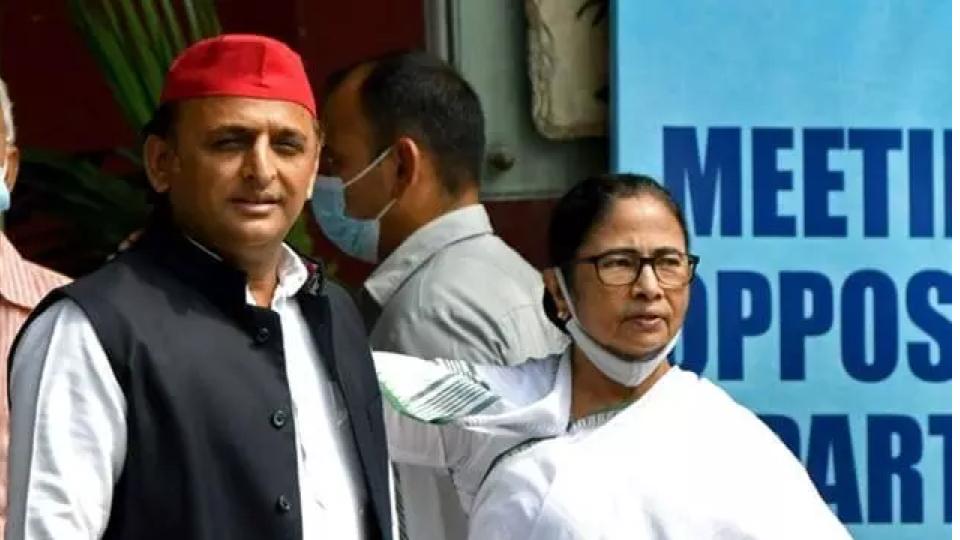
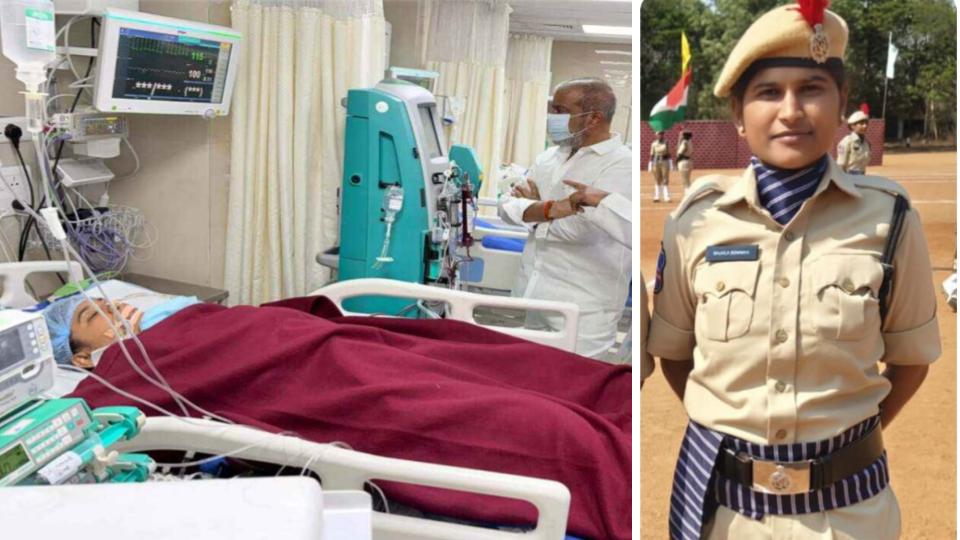

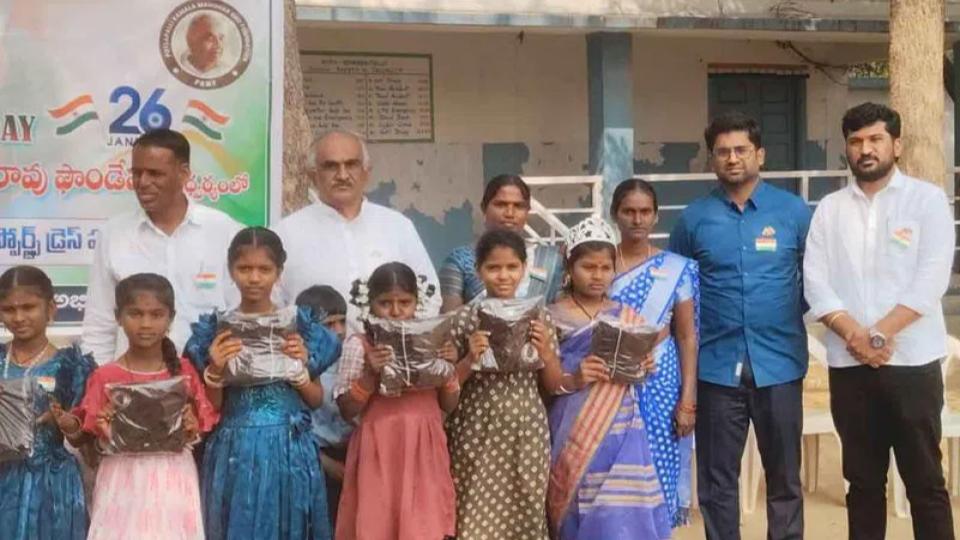
.jpg)
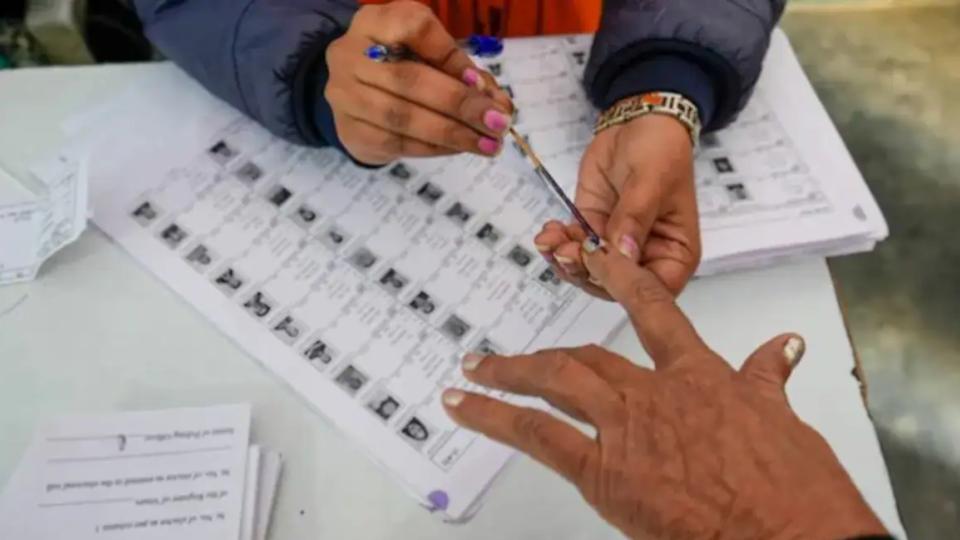

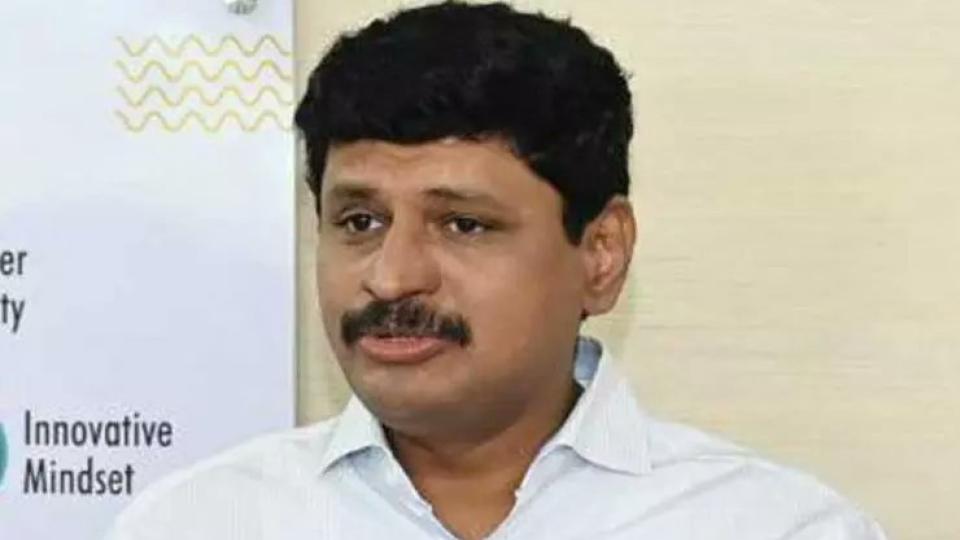
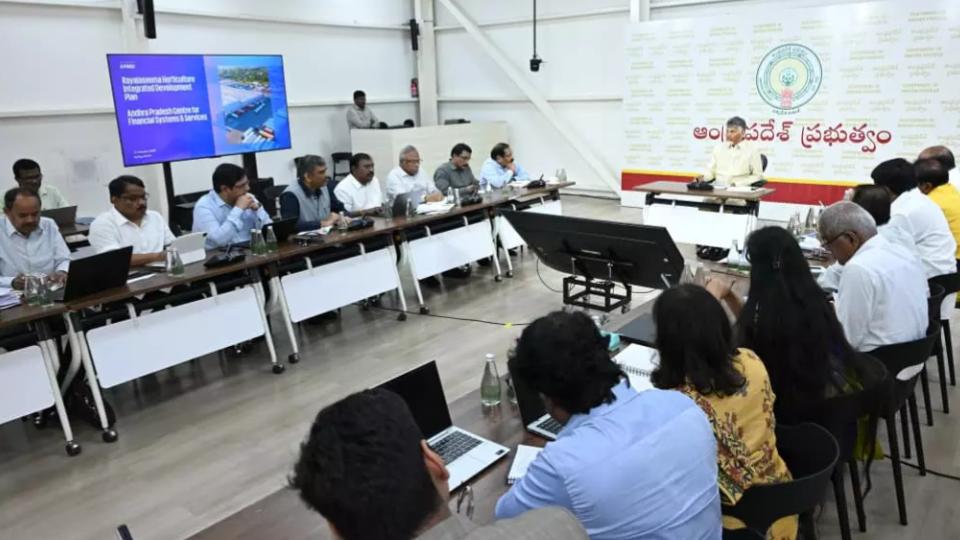
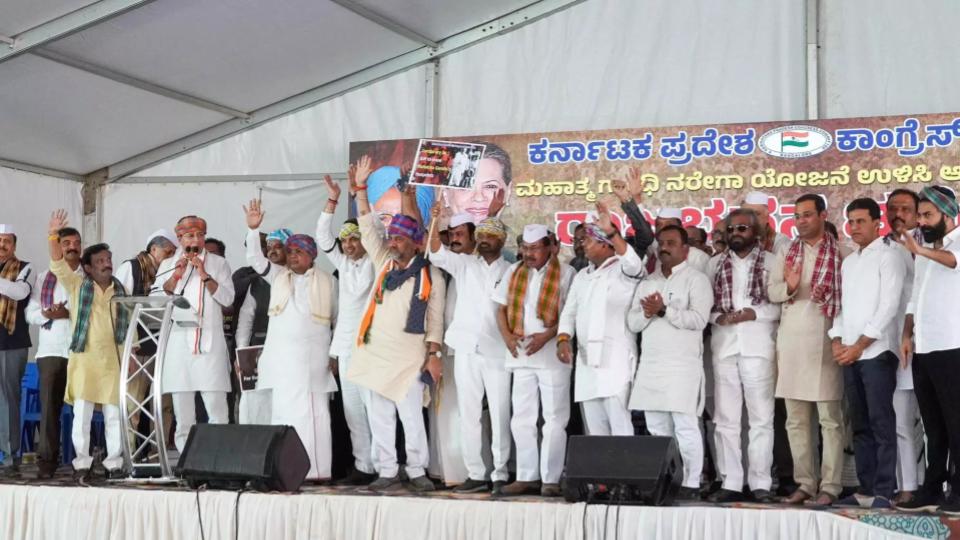













.jpg)
.jpg)
.jpg)


